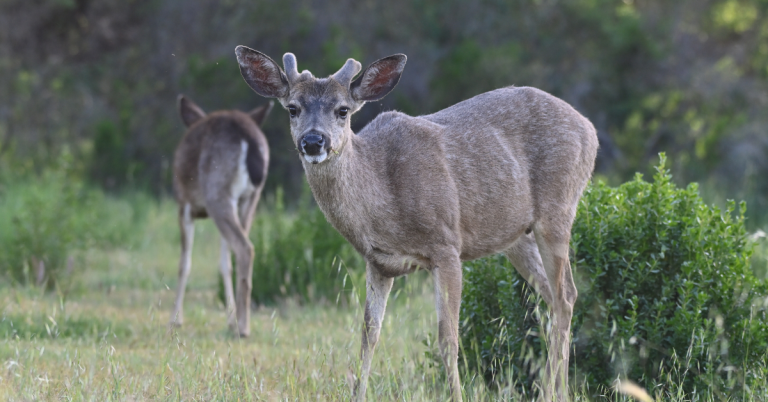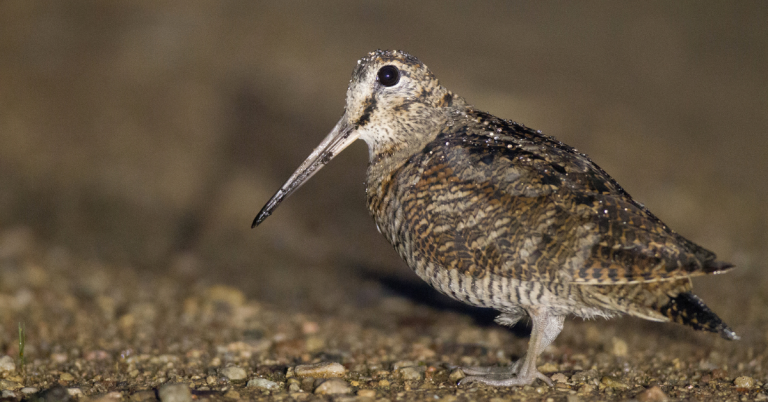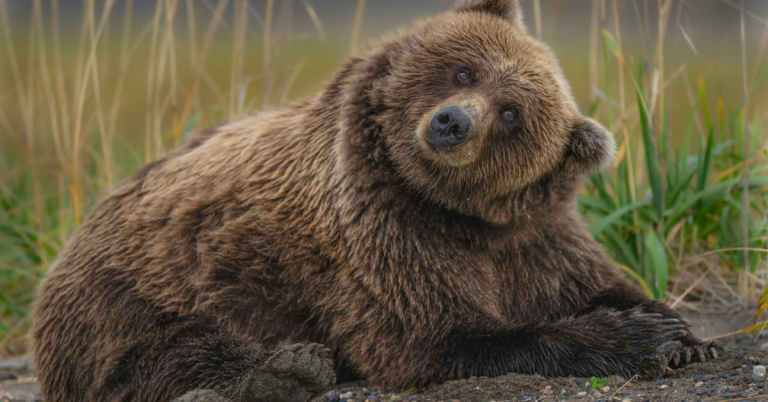Bulbul hunting guide
Hunting bulbuls requires a deep understanding, respect, and strict adherence to legal and ethical guidelines. This comprehensive hunting guide aims to provide insights into bulbul behavior, choosing the right hunting locations, effective hunting tactics, and the necessary equipment. It also covers ethical considerations, legalities, and safety tips, and answers common questions related to hunting bulbuls.
Understanding Bulbul Behavior
Bulbuls are medium-sized songbirds known for their vibrant plumage and melodious calls. They are diurnal, meaning they are active during the day. Bulbuls have keen eyesight and are often found in various habitats, including forests, gardens, and shrublands. Understanding their behavior, such as feeding and nesting patterns, is crucial for successful hunting. Bulbuls typically feed on fruits, insects, and small invertebrates.
Choosing the Right Hunting Location
Selecting the appropriate hunting location is essential. Bulbuls prefer habitats with abundant vegetation and food sources. Look for areas near forests, gardens, shrublands, and orchards. Bulbuls often nest in dense foliage, providing good vantage points for hunting.
Effective Hunting Tactics
- Scouting and Observation: Spend time observing bulbul activity in the chosen location. Look for feeding areas, perching spots, and nesting sites.
- Calls and Decoys: Use recorded bulbul calls or decoys to attract them. Mimicking their calls can lure them into the open, providing a clear shot.
- Stealth and Patience: Bulbuls have sharp senses. Move quietly and wear camouflage to blend into the surroundings. Patience is key; wait for the perfect moment to take a shot.
- Flight Patterns: Pay attention to bulbul flight patterns. Position yourself along their flight paths for better shooting opportunities.
Ethical and Responsible Hunting
Ethical hunting is paramount when targeting bulbuls. Ensure you follow all legal guidelines and hunt responsibly. Avoid hunting during breeding seasons to protect the bulbul population. Practice marksmanship to ensure a quick and humane kill. Always retrieve and utilize the animal fully. Respect bag limits and only take what you can use.
Field Dressing and Meat Processing
Field dressing a bulbul involves removing the internal organs soon after the kill to prevent spoilage. Carefully pluck or skin the bulbul, clean the meat thoroughly, and process it for consumption. Follow proper hygiene and meat preservation techniques to ensure the meat remains safe and delicious.
Hunting Gear Used for Hunting Bulbuls
- Firearms or Bows: Use small-caliber rifles or bows suited for bird hunting.
- Camouflage Clothing: Wear clothing that blends with the natural environment.
- Bulbul Calls and Decoys: Essential for attracting bulbuls.
- Binoculars: Essential for spotting bulbuls from a distance.
- Blinds: Portable or permanent blinds help conceal the hunter.
Species and Subspecies
Bulbuls comprise various species and subspecies, each with unique behaviors and habitats. Common species include the red-vented bulbul, the white-spectacled bulbul, and the black-capped bulbul. Understanding the specific species in your hunting area can help tailor your strategies.
Hunting Legality by Area
Hunting regulations for bulbuls vary by region. In many places, bulbuls are protected species, and hunting them is illegal. Always check local wildlife laws and obtain the necessary permits before planning your hunt. Familiarize yourself with the species allowed for hunting and any protected species.
Legal and Cross-Border Considerations
Be aware of the legalities when hunting in different regions or crossing borders. Some countries and states have strict laws protecting certain bulbul species. Ensure you have the required documentation and follow international hunting regulations if hunting abroad.
Safety Tips
- Know Your Area: Familiarize yourself with the hunting location to avoid getting lost.
- Stay Visible: Wear bright clothing during the day and use reflective gear when traveling to and from the hunting site.
- First Aid Kit: Carry a first aid kit for emergencies.
- Communication: Inform someone about your hunting plans and expected return time.
- Water Safety: Be cautious around water. Wear a life jacket if hunting from a boat.
FAQs
Where is the best place to hunt?
The best hunting locations are forests, gardens, shrublands, and orchards with abundant vegetation and food sources.
What is the best time to hunt?
Bulbuls are most active during the day, particularly in the early morning and late afternoon.
What are the best hunting methods?
Effective methods include using bulbul calls, and decoys, and staying concealed in blinds.
What is the reason for hunting?
Hunting bulbuls, where legal, can be for population control, obtaining feathers, and for food. It is also a recreational activity enjoyed by many hunters.






